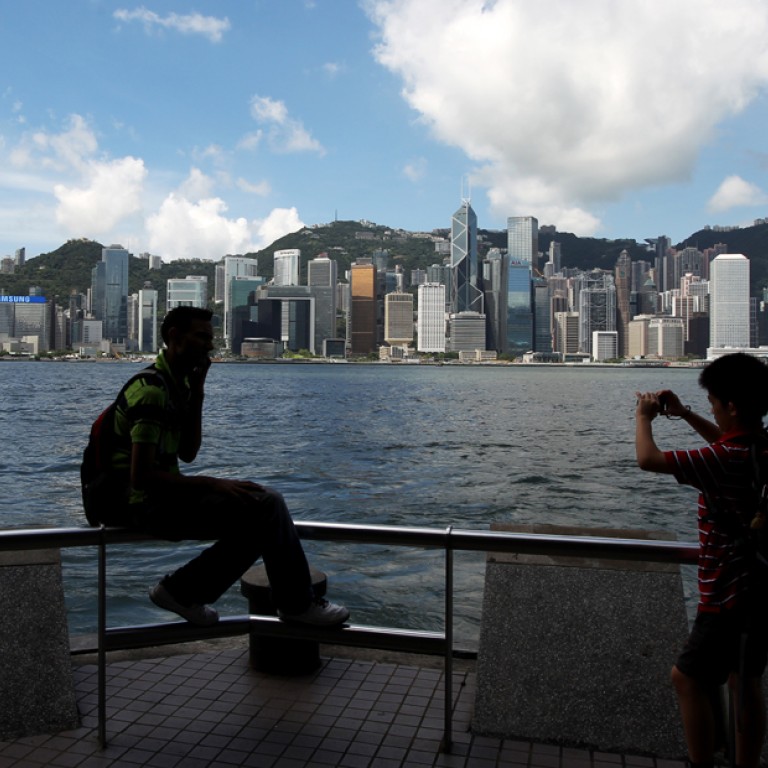
A welcome move to clear the air
Smoggy days are far less common in Hong Kong than on the mainland. As we gaze above this time of year, we are more likely to see a magnificent skyline across clear blue sky than silhouettes shrouded in smog. Unfortunately, pollution knows no boundaries. Our proximity to the manufacturing powerhouse in the Pearl River Delta means we are not shielded from emissions. Experience has shown that hazardous smog does choke the city from time to time during winter. It would be wrong to assume filthy air was only confined to the mainland. The health threat of polluting air cannot be ignored.
Smoggy days are far less common in Hong Kong than on the mainland. As we gaze above this time of year, we are more likely to see a magnificent skyline across clear blue sky than silhouettes shrouded in smog. Unfortunately, pollution knows no boundaries. Our proximity to the manufacturing powerhouse in the Pearl River Delta means we are not shielded from emissions. Experience has shown that hazardous smog does choke the city from time to time during winter. It would be wrong to assume filthy air was only confined to the mainland. The health threat of polluting air cannot be ignored.
It is good that our much-criticised air pollution index will be replaced by a new scale later this month. Introduced nearly 20 years ago, the old index shows the concentrations of pollutants in the air but tells little about the harmful effect to health. The new index is based on health risks, relating pollutant levels to short-term health risks on a scale of 1 to 10+. It also issues alerts via smartphones and provides health advice for people with various degrees of susceptibility.
Air pollution is a life-and-death issue. But the government has made little effort to put the health and economic impacts into perspective. The use of air quality standards that are less stringent than those recommended by the World Health Organisation has also led to criticism that pollution is far worse than reported. The revamp is a belated but welcome step to link pollution with public health. It provides a more meaningful reference to the community.
Officials admit that the tighter standards used in the new index might result in more days classified as bad for health. But they stress it does not necessarily mean the city's air quality is deteriorating. Given the growing concerns about polluted air, it is not surprising that officials play down the severity of the problem. But if health alerts become more regular under the new system, the public are entitled to ask for more safeguards. Hopefully, it can instil a greater sense of urgency on the authorities to clean up the air.

